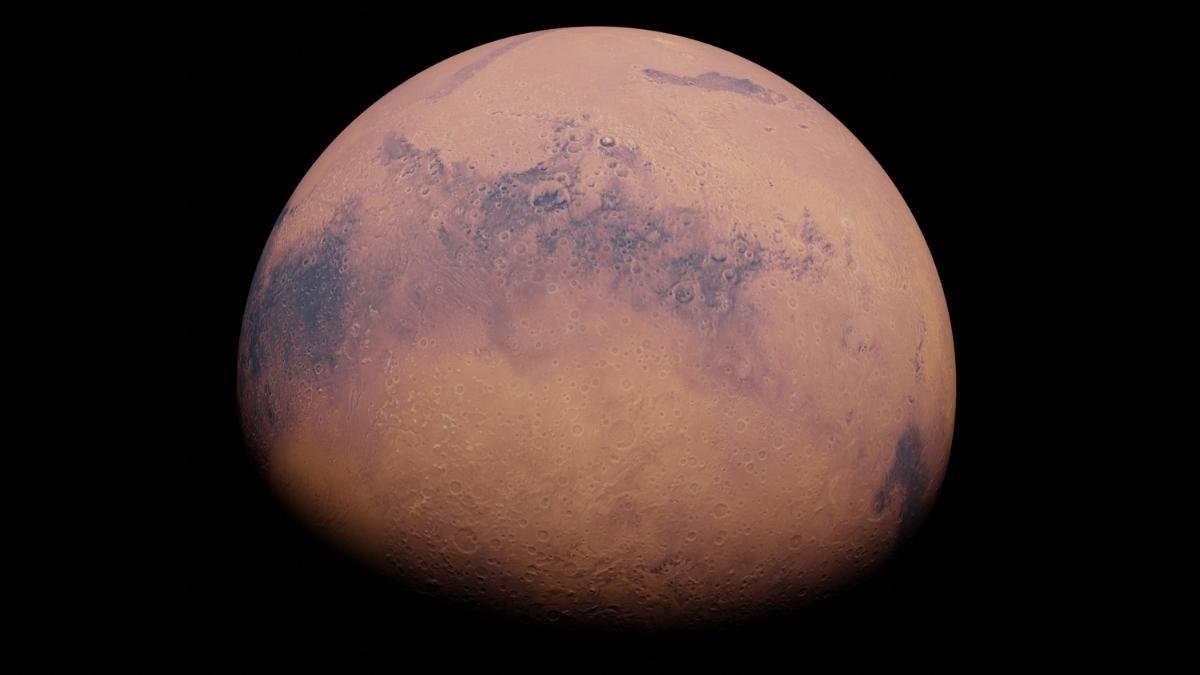As per reports, they will produce rocket fuel locally on trip to Mars for the return journey.
Mars is the next frontier which mankind is poised to step upon after having landed upon the Moon almost half a century ago. However, mankind has resources only to make a one way trip to Mars but the return journey seems difficult and full of trepidation.
The major amount of fuel used by any rocket before it hurls the payload towards space is used in breaking away from the Earth’s gravity. The Rocket must travel at what is known as the escape velocity which is equal to 11.9 km per second. To achieve this speed a gargantuan amount of fuel will be needed.
Therefore even if we send a giant payload to Mars and successfully land there, one may not have the fuel for the return journey. Hence, the idea to first build a base in Moon and use it as a stepping stone to Mars. However, we would still need a huge amount of fuel for the return journey which may not be feasible or is too expensive.
Thus the idea to make the fuel in Mars. However, this idea is still in its initial stage and there are numerous technical hurdles that have to be solved. Scientists are studying the possibilities to make rocket fuel for the return journey from Mars. This will negate the need for carrying the rocket fuel from Earth. If possible this could save billions of dollars in the mission to get the astronauts back home from Mars.

NASA plans to use a mixture of Methane and Oxygen as rocket fuel for t mission to Mars. Both Methane and Oxygen is not available to free on Mars. The Methane and Oxygen for the return journey will amount to 30 tons and the cost will be upwards of $8 Billion. Theoretically, Oxygen can be produced on Mars by reducing the Carbon Dioxide which is available aplenty on Mars. However, the Methane will still have to be carried from Earth.
So scientists are studying another route that will not only produce Methane but also produce extra Oxygen. The method is very simple. Scientists plan to use Cyanobacteria which will utilize the sunlight to produce sugars using the Carbon Dioxide in the Martian atmosphere and water from the Martian Ice. The sugars thus produced will be acted upon by another bacterium, E.coli which will ferment the sugars to a rocket propellant known as 2,3-butanediol. The 2,3-butanediol is a weaker fuel. Still, it will generate enough thrust to escape Mars gravity which is only one-third of Earth’s gravity.
However, there are technological hurdles like freeing up the sugar and a suitable separation technique that will separate the sugar for conversion into 2,3-butanediol. Still, it is a viable option that looks feasible.


